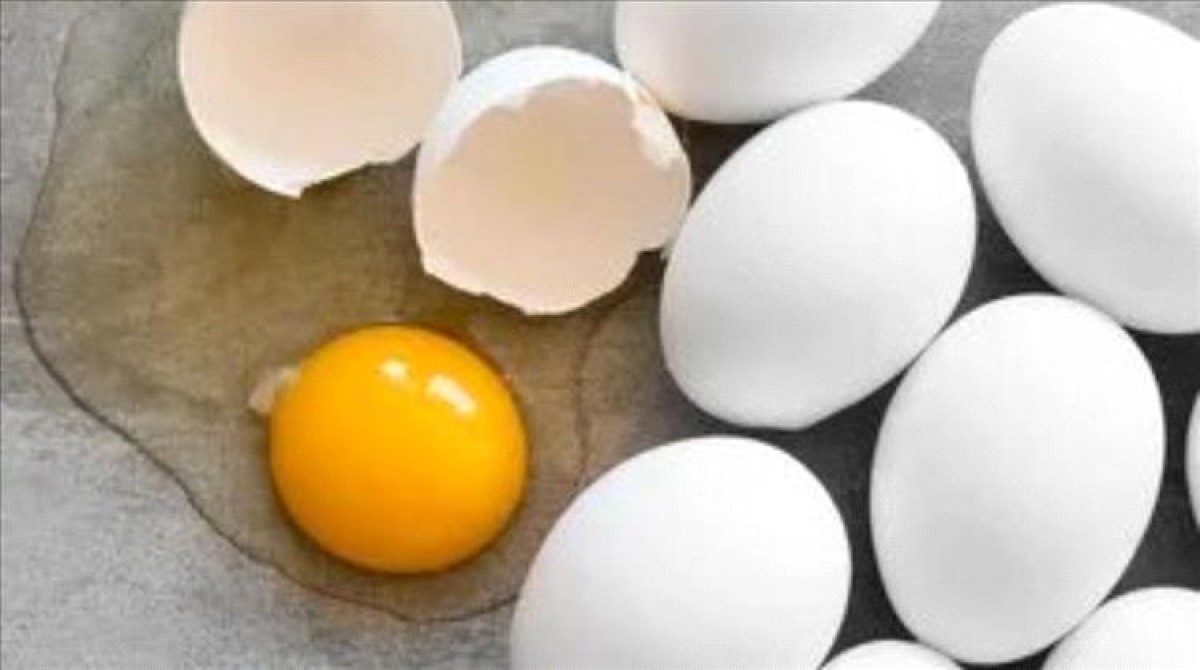Is it safe to eat cracked eggs?


Eggs are considered one of the essential components in the diet of many people, as they contain a high percentage of protein, vitamins and minerals. However, broken eggs raise many questions. Should they be discarded or can they be eaten safely?
* The risk of bacterial contamination
According to the global health website verywellhealth, broken eggs are an ideal environment for the growth of bacteria, such as salmonella, which may cause serious food poisoning, according to a study published by the Centers for Disease Control and Prevention (CDC). ), cracks in the egg shell facilitate the entry of bacteria into it, which increases the risk of food poisoning.
* Examination of broken eggs
If there are slight cracks on the eggs, and you want to ensure the safety of the eggs before disposing of them, some simple tests can be performed:
1. Check the smell: If the eggs have an unpleasant or abnormal smell, they are not suitable for consumption.
2. Internal appearance: The yolk and white should be normal, without discoloration or lumps.
3. Float test: Place eggs in a bowl filled with water. If eggs float, they may be invalid, while fresh eggs sink.
* Tips for storing eggs safely
A study published in the Journal of Food Protection indicated that storing eggs at low temperatures (below 4 degrees Celsius) slows the growth of bacteria, so it is usually preferable to keep eggs Inside the refrigerator in its original box.
It is also recommended not to wash eggs before storing, as washing may remove the natural protective layer of the shell, which increases the chance of bacteria entering.
It is also recommended to avoid eating eggs that show visible cracks, especially if those cracks have been present for a long time or if the shell is contaminated with dirt.